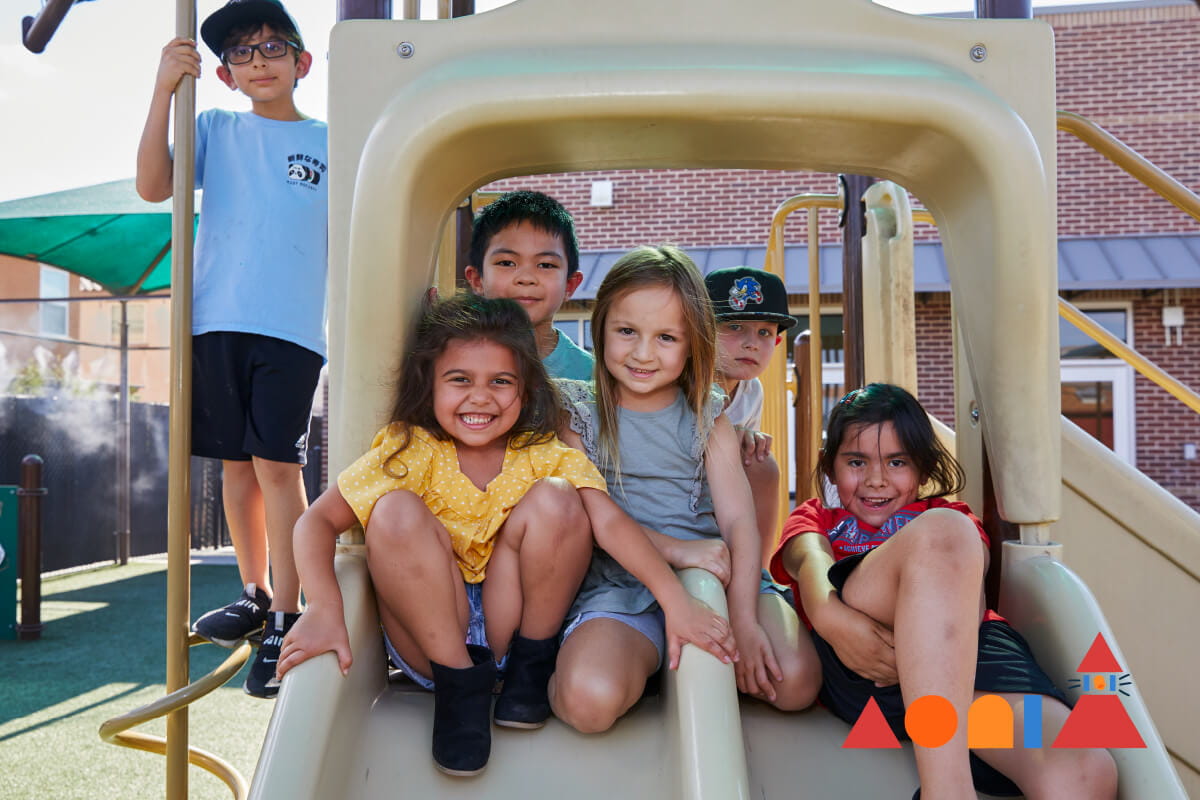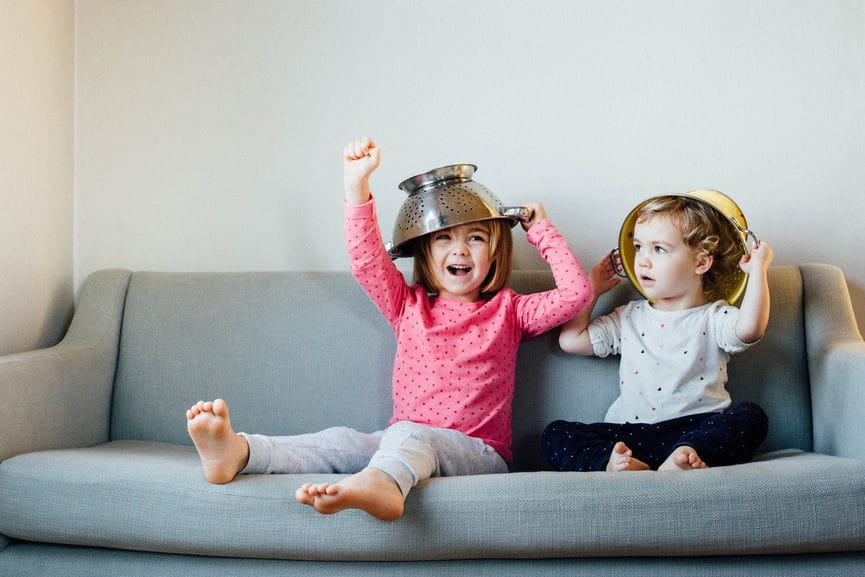The Power of Understanding: See the World Through Your Child’s Eyes

by Ann DeWitt and Kim DeMarchi
As parenting coaches, we know that perception is highly personal, made from our life experiences and our temperaments. It’s almost as if each of us goes through life wearing a pair of glasses that alters the world so that we see it the way we need, want, or expect it to be.
In other words, most of us don’t experience situations as they really are... but as we are. And this perception extends to our children. That’s why, as moms, dads, and caregivers, we need to make an effort to remove our glasses and see the world through our children’s eyes, especially when it comes to misbehavior.
Imagine this: You walk into your child’s room and see that she’s pulled all her books off her shelves; they are now in a pile on the floor. Rather than jumping to conclusions that she did it because she doesn’t respect your rules or is trying to get your attention, pause for moment and take those glasses off. When children misbehave our first response should not be an accusation, but a calm question about what the child was thinking in that moment.
As you’re trying to see the world from your young child's point of view, many more explanations become possible: She likes the sound of books hitting the floor. She wanted to build something and is using them as blocks. She is angry and doesn’t have words for her emotions. She wants to spend time with you and knows you will sit with her while she puts them away. She’s bored of sitting in her room and is coming up with something new to do.
By shifting your perspective, you make space for real empathy and creative solutions that may fit the true intention of what she did. And it allows you to connect with your child rather than engaging in the adult-child power struggles that can block that connection. By working toward empathy rather than correction, your child will feel how much you care about who she is, which creates the kind of strong bonds with your children that will last for life.




